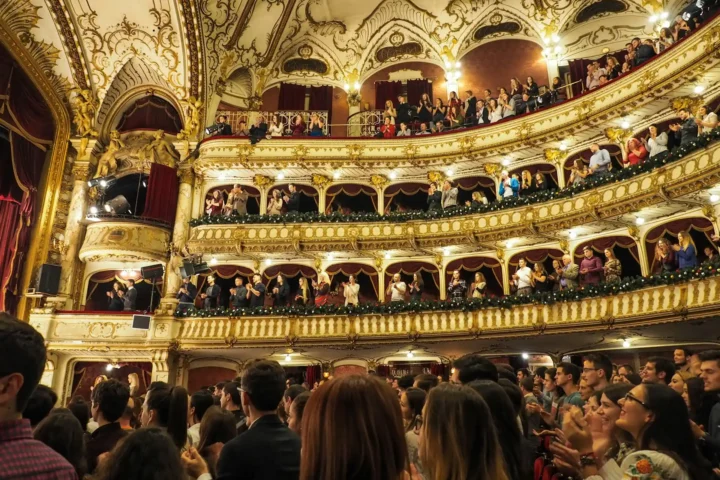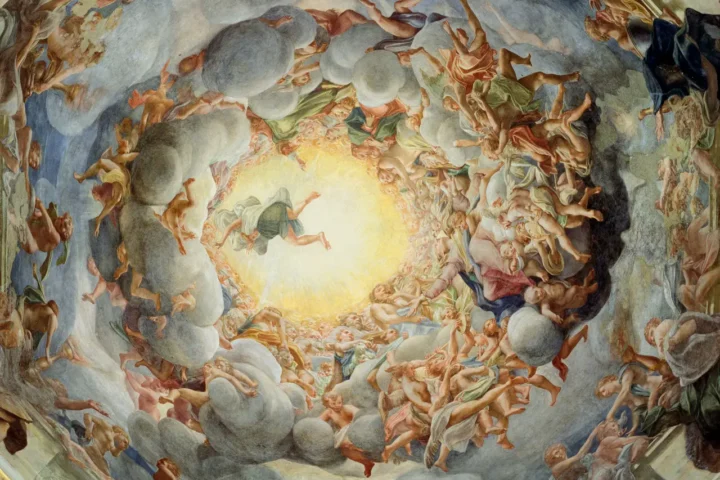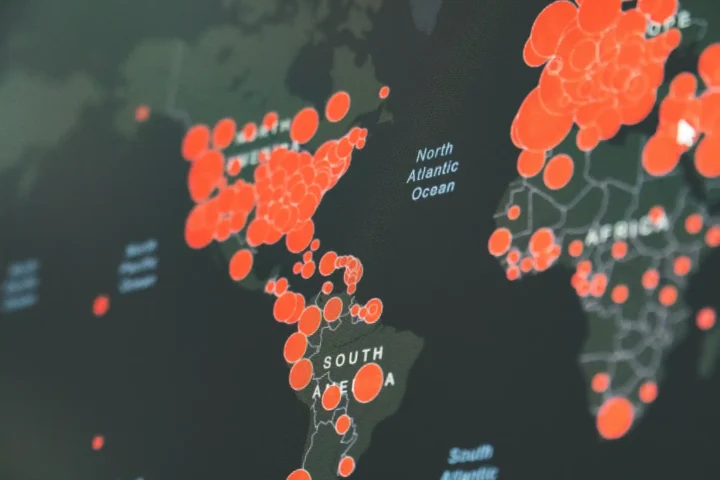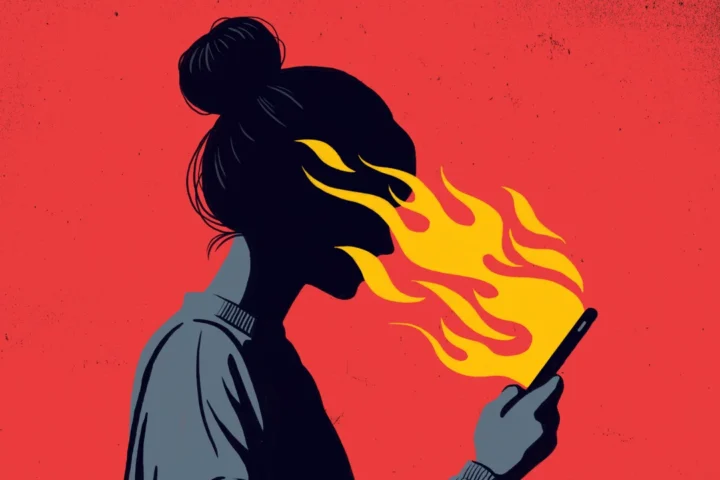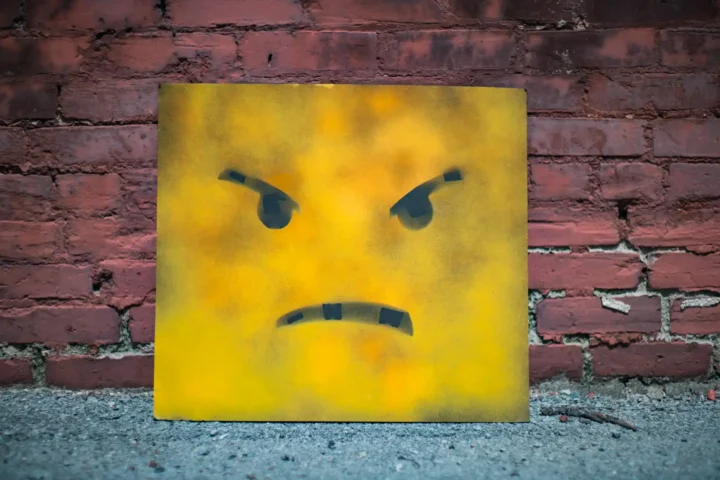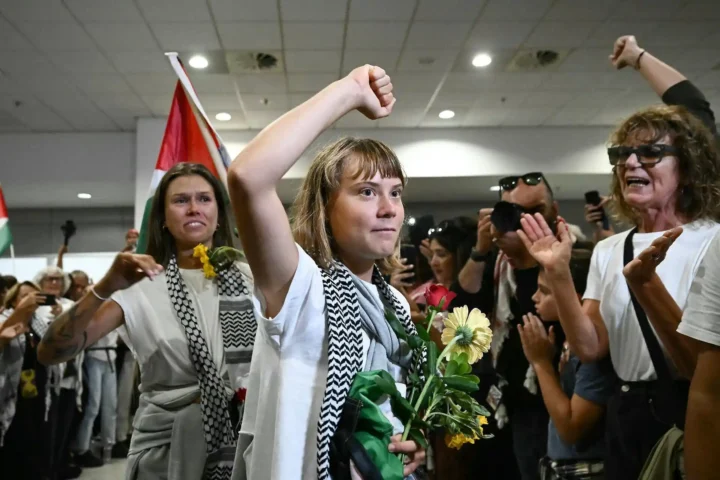As the curtains prepare to fall on this year’s Wimbledon, one moment stands out above the rest: Novak Djokovic’s late-night tirade at Centre Court. Amid the traditional pomp of Wimbledon, Djokovic’s public rebuke of an insufficiently reverential crowd has sparked debate and underscored a shift in tennis culture.

During a post-match interview, Djokovic was asked to acknowledge the fans who shelled out exorbitant amounts for resale tickets. He began by thanking “all the fans who have respect.” The audience, prematurely self-congratulatory, applauded. Then came the kicker: “And to all those people who have chosen to disrespect the player – in this case, me – have a goooooood night.”
The crowd’s response? Booing. Djokovic, undeterred, echoed his farewell: “Goooooood night. Goooooood night.” The booing intensified. An interviewer tried to clarify that the crowd was chanting “Ruuuuuuune” in support of his opponent, Holger Rune. Djokovic’s retort: “I don’t accept it.”
This incident epitomizes a divide within the tennis world. If you’ve journeyed with Djokovic since his early days, you might empathize with his demand for respect. Those familiar only with the later, more enigmatic Djokovic might find him less sympathetic.
As a long-time observer, I align with the former view. The idea of a Wimbledon crowd heckling Roger Federer is unthinkable. Djokovic’s frustration is understandable. Since then, he’s continued to stir the pot, even walking out of an interview when questioned about his outburst. The stage seems set for a generational showdown with Carlos Alcaraz in the final. Djokovic, at 37, embodies a seasoned millennial but is often perceived like a boomer: too entrenched, too successful, and not about to step aside.

Alcaraz, at 21, is a Gen Z phenom, though his talent sets him apart from his contemporaries, who are still finding their footing. His rise has disrupted the longstanding hierarchy, with younger players now less deferential to their elders.
Wimbledon’s landscape this year mirrors the usual patterns: familiar faces in the men’s draw and a diverse mix of Eastern European players in the women’s. Yet, the veneer of decorum is cracking. The polite façade that once smoothed over rivalries is slipping.
Djokovic’s public ire is just one example. Taylor Fritz’s girlfriend mocking Alexander Zverev and Nick Kyrgios’s antics on the BBC broadcast are further signs. The sense of a clear leadership is waning, leading to a more chaotic atmosphere.
Nothing captures this shift more than the spat involving Emma Raducanu and Judy Murray, Andy Murray’s mother. Murray’s latest (and likely final) Wimbledon saw him attempting singles, then doubles, and finally mixed doubles with Raducanu as his partner. Raducanu, however, dropped out on the morning of their match to focus on her singles game, prompting Judy Murray to call her decision “astonishing.”
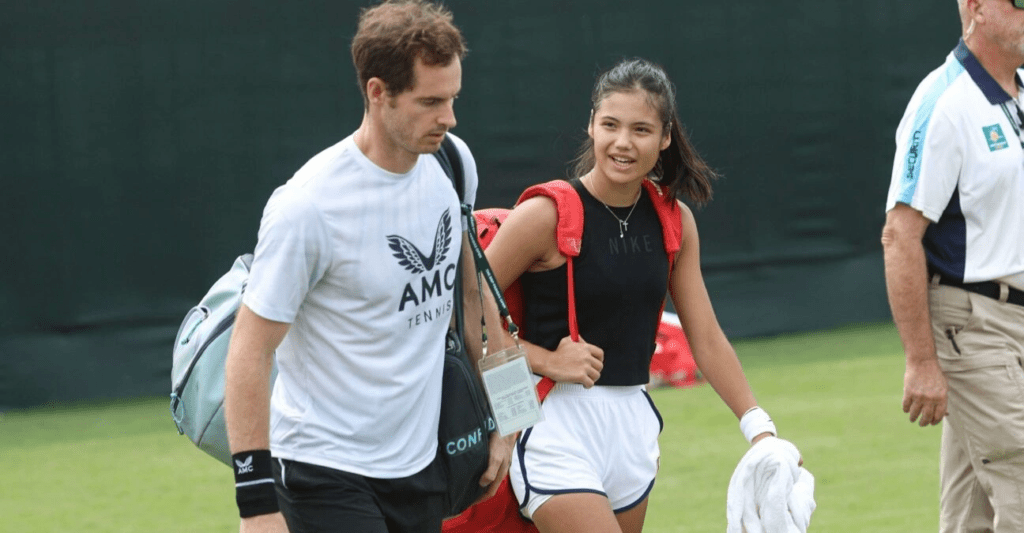
Is it really? Raducanu was just ten when Murray broke Britain’s Wimbledon drought. His legacy means little to her generation. Her explanation, prioritizing her body, drew ire from older fans, highlighting a generational disconnect. “Shame on you Emma Raducanu for abandoning Andy Murray,” blared a Daily Mail headline. The narrative painted Murray as a sympathetic figure rather than a wealthy athlete past his prime.
Raducanu’s mistake was underestimating the emotional investment fans have in athletes of their own age. Seeing an athlete’s decline is a stark reminder of our own aging, a particularly poignant experience in tennis, where we only occasionally glimpse our favorites.
Watching Rafael Nadal’s gradual baldness has been more jarring than losing my own hair. It’s a visual reminder that time spares no one. Raducanu and her peers will one day face this same reality, feeling the sting of being overshadowed by the next generation.
When that day comes, Djokovic, Murray, and others will likely rally in her defense, having experienced the same cycle of adoration and dismissal. Until then, this year’s Wimbledon serves as a vivid tableau of tennis’s evolving generational dynamics and the erosion of its once-unchallenged courtesies.


